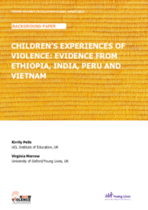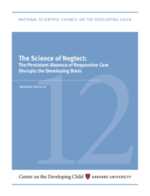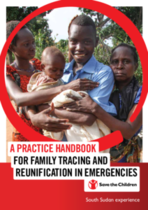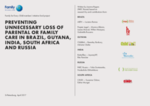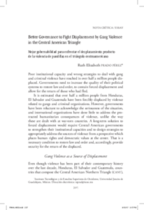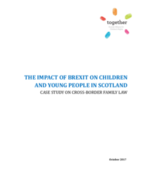Children’s Experiences of Violence: Evidence from Ethiopia, India, Peru and Vietnam
This brief paper highlights some of Young Lives key findings on violence affecting children, exploring what children say about violence, how it affects them, and the key themes that emerges from a systematic analysis of the children’s accounts.

